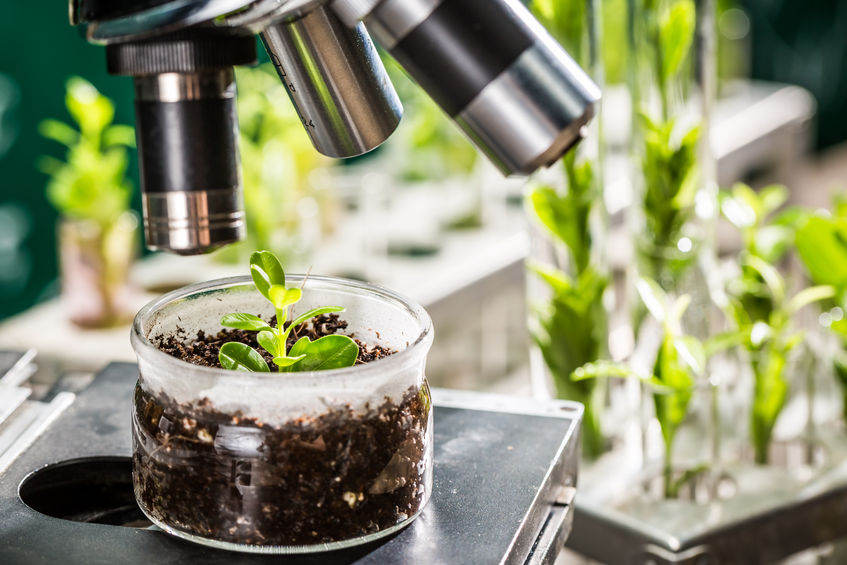
Technology first used by NASA to grow plants extra-terrestrially is fast tracking improvements in a range of crops.
Scientists have now improved the technique, known as speed breeding, adapting it to work in vast glasshouses and in scaled-down desktop growth chambers.
The ability to work at these scales gives scientists greater opportunities than ever before to breed disease resistant, climate resilient and nutritious crops to feed a growing global population. The research is published in the peer reviewed journal Nature Protocols.
Speed breeding uses enhanced LED lighting and day-long regimes of up to 22 hours to optimise photosynthesis and promote rapid growth of crops.
It speeds up the breeding cycle of plants: for example, six generations of wheat can be grown per year, compared to two generations using traditional breeding methods.
By shortening breeding cycles, the method allows scientists and plant breeders to fast-track genetic improvements such as yield gain, disease resistance and climate resilience in a range of crops such as wheat, barley, oilseed rape and pea.
Being able to do this in a compact desktop chamber enables affordable, cutting-edge research on a range of crops to take place before the experiments are scaled up to larger glass houses.
'Crucial time'
The latest advances come at a crucial time for European crop development. They follow a decision this summer by the Court of Justice of the European Union which ruled that crops improved using modern gene-editing techniques should be classed as genetically modified organisms.
The decision was greeted with dismay among many leading plant scientists, breeders and farming industry leaders in the UK, because it frustrates efforts to meet the challenge of a growing world population.
Dr Brande Wulff a wheat scientist at the John Innes Centre and one of the lead authors on the paper, explains that European crop research and breeding will become more dependent on speed breeding in the light of these developments.
“Speed breeding allows researchers to rabidly mobilise the genetic variation found in wild relatives of crops and introduce it into elite varieties that can be grown by farmers," Dr Wulff said.
“The EU ruling that heavily regulates gene editing means we are more reliant on speed breeding to grow sturdier, more resilient crops.”
